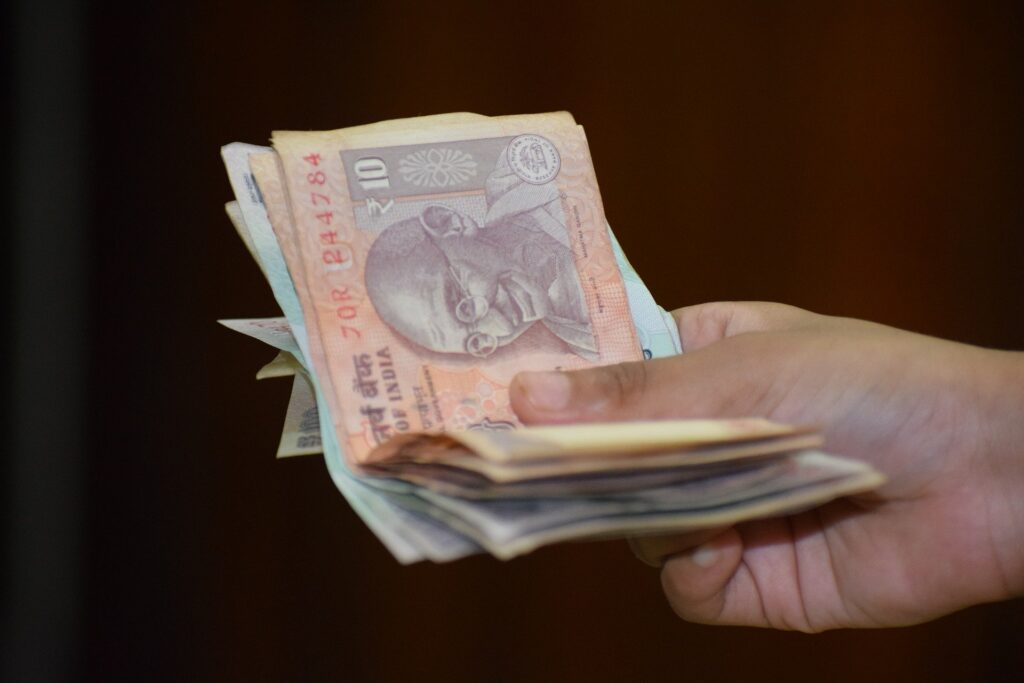“One nation, one tax!”
The Goods and Services Tax is an indirect tax applicable in India, it will make India a unified and common market. GST is a single tax on the supply of goods and services, right from the manufacturer to the consumer. It will be levied at every stage of the production / distribution chain by giving the benefit of Input Tax Credit (ITC) of the tax remitted in the previous stages.
Therefore, the final consumer will bear only the GST charged by the last dealer in the supply chain, with set-off benefits at all previous stages. GST will replace all Central level taxes such as excise, service tax, and customs duty as well as state level taxes like VAT, CST, and entertainment tax amongst others.
The food industry has regularly been under the scanner since demonetization. This industry in India is on constant growth and is now impacted with GST – Goods and service tax. Hence, we thought of giving you a detailed impact analysis about GST on the restaurant industry. If we talk of GST in simple terms, it is going to make luxury restaurants unhappy since they are likely to be more impacted and will have to pay whopping 28% GST tax.
Our goal in this article is to elaborate how restaurant food bills will look with implementation of GST. We will also see how end consumer will be impacted with GST implied.
Subsequent to implementation of GST, those eating out at restaurants have witnessed a simplification of bill as GST replaced a multitude of taxes and cess such as VAT, Service Tax and Krishi Kalyan cess to name a few, a decrease in the effective tax on restaurant bills was also evident to customers.
It is notable that alcoholic beverages still attract VAT, which is a state level tax, therefore restaurants serving both food and alcoholic beverages will feature separate taxes with GST being applicable to food and non-alcoholic beverages while VAT will be charged on alcoholic beverages served. Even the regular items like tea/coffee will have an effect. Consumer drinking tea/coffee for Rs 5 these days will now pay Rs 5.60 and this though being a small amount will have a greater magnitude at a much larger picture.
The change was disheartening for the restaurant owners as the restaurant owners were not getting an option to adjust the output service tax liability with the credit of input VAT the good consumed.
Later, amendments were made which reduced the ITC benefit for restaurant owners. However, it is notable that, under current GST rules, this ITC benefit is available only to those charging 18% GST, while restaurants/eateries charging 5% GST on food services do not receive ITC benefits. In terms of GST on food items such as vegetables, fruits, meat, etc., nil GST i.e. GST exemption has been provided in case of most fresh as well as frozen products. It is only in case of food stuff packed in containers with brand name that other GST rates are applicable. As of yet, GST on food items or food services do not exceed 18% and no food items are as of yet featured in the highest tax bracket of 28%. As a result, no major price hikes/decreases have been reported subsequent to implementation of GST on food items.
The Impact on the Food Processing Businesses:
- With the latest information suggesting that the minimum GST rates will be 18% on all products.
- Alcoholic beverages have been excluded from GST and they will be taxed separately.
- Implementation of the GST is said to increase the prices of agricultural goods. However, the products will be able to reach the consumer faster due to state-level taxes such as Octroi and entry taxes will significantly reduce the time and hassle of transporting goods across state borders.
- GST will also favor the National Agricultural Market on merging all the different taxations on agricultural goods. The step will promote the marketing and virtual market growth. (National Agriculture Market (eNAM) is a pan-India electronic trading portal which networks the existing APMC mandis to create a unified national market for agricultural commodities.)
- GST is a consumption tax and it will be levied only when food products are sold by the manufacturer and not when they are manufactured.
- The Confederation of Indian Industries (CII) has also in its representation called for a zero-rate tax on products which have a rate of up to Rs. 10/- and Rs. 20/-. It also demanded that all packaged material used as inputs by the food processing industry should have a zero-per-cent rate. (The Confederation of Indian Industry (CII) works to create and sustain an environment conducive to the development of India, partnering industry, Government and civil society, through advisory and consultative processes.)
For more information regarding Goods and Service Tax (GST) you can get in touch with us at adveta.surve@sraindia.co.in or office@sraindia.co.in.

